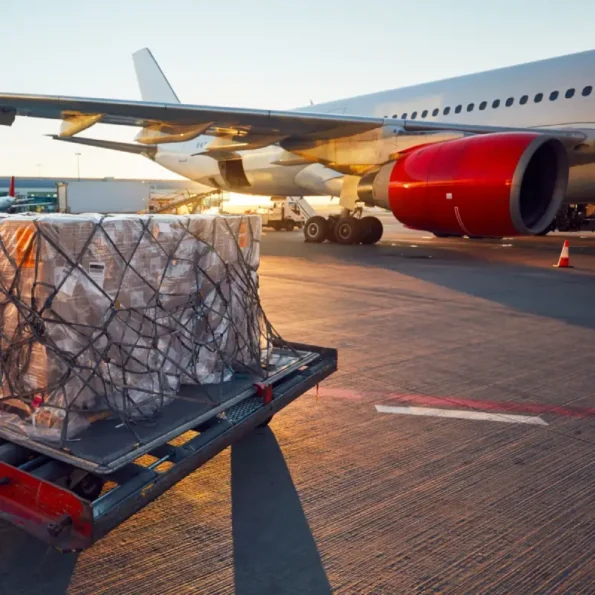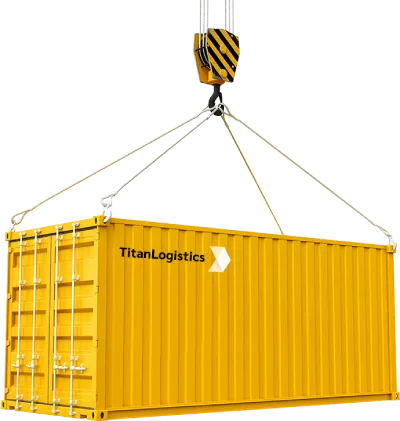
Flying Towards Sustainability
Understanding Circular Economy in Air Freight
The circular economy is centered on reducing, reusing, and recycling resources to minimize waste and environmental impact.
In the context of air freight, adopting circular economy principles involves innovative strategies to reduce the carbon footprint and enhance sustainability.
Key Aspects of Circular Economy in Air Freight
- Packaging Optimization: Utilizing eco-friendly and reusable packaging materials reduces the environmental impact of air freight shipments.
- Collaborative Logistics Networks: Establishing collaborative networks among stakeholders encourages the sharing of resources and enhances overall efficiency.
- Waste Reduction Strategies: Implementing strategies to reduce single-use items and promote recycling within air freight operations.
- Fuel-efficient Aircraft: Investing in modern, fuel-efficient aircraft contributes to lower emissions and a more sustainable air freight industry.
- Technology Integration: Utilizing advanced technology for route optimization and real-time tracking minimizes unnecessary fuel consumption and enhances overall efficiency.
- Lifecycle Assessment: Conducting comprehensive assessments of the environmental impact of air freight operations enables targeted improvements.







